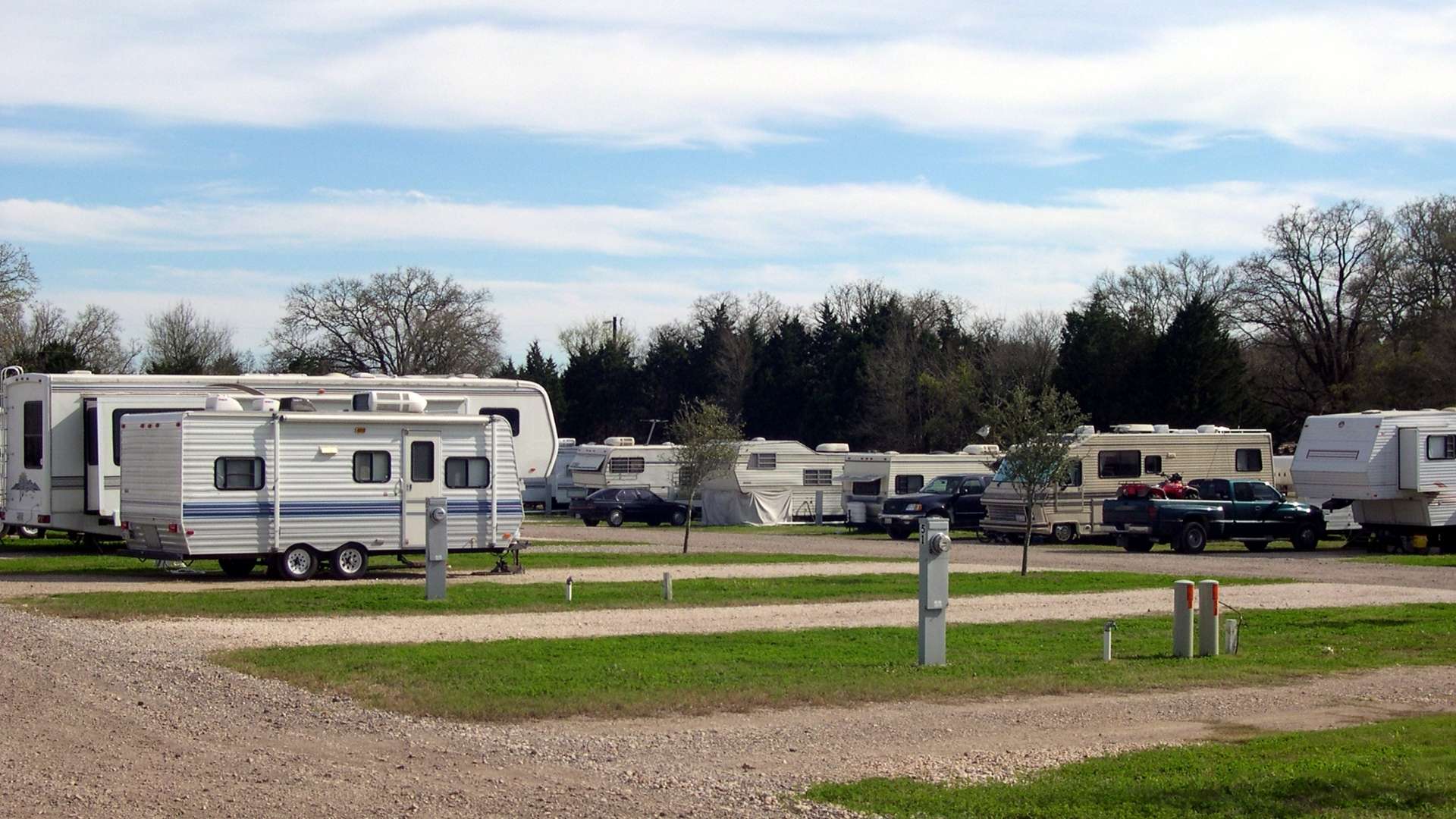In periods of economic uncertainty, valuing any business becomes challenging. For RV dealerships, which combine elements of retail, real estate, and specialty services, this process requires an even more nuanced approach. With fluctuating market conditions, changing consumer behaviors, and variable property values, it’s crucial to adopt a methodical and flexible valuation strategy.
Here’s how to approach valuing an RV dealership during uncertain times, with particular attention to the property value component.
- Understand the Key Revenue Drivers
RV dealerships generate income through multiple streams, such as:
- Sales of new and used RVs
- Service and maintenance operations
- Parts and accessories sales
- Property income (if the dealership rents space for storage or additional services)
Assessing these income sources provides a snapshot of the dealership’s financial health. Start by analyzing historical financial statements, paying close attention to trends in revenue, profit margins, and cash flow.
- Factor in External Market Conditions
Economic uncertainty impacts RV dealerships in various ways:
- Demand for RVs: During downturns, RV purchases may decline as they are considered discretionary items. However, during certain crises, such as the COVID-19 pandemic, RV sales surged due to increased interest in domestic travel.
- Interest Rates: Fluctuations in interest rates can affect financing availability for buyers, influencing dealership revenues.
- Supply Chain Challenges: Limited inventory or delayed shipments can disrupt sales and operations.
Incorporate market analysis into the valuation, including current trends in the RV industry, local economic conditions, and broader financial indicators.
- Valuation Methods for RV Dealerships
There are three primary approaches to valuing RV dealerships:
- Income-Based Approach
This method assesses the dealership’s ability to generate profits over time. Key metrics include:
- Earnings Before Interest, Taxes, Depreciation, and Amortization (EBITDA): Multiply adjusted EBITDA by an industry-specific multiplier. Multiples typically range from 3x to 7x, depending on factors like dealership size, market position, Product lines offered, and financial stability.
- Discounted Cash Flow (DCF): Estimate future cash flows and discount them to present value, accounting for risk and uncertainty.
Market-Based Approach
Compare the dealership to recent transactions involving similar businesses. In uncertain times, adjust benchmarks to reflect current market conditions, including the impact of rising costs or declining sales.
Asset-Based Approach
Focus on the dealership’s tangible and intangible assets. Tangible assets include inventory, equipment, and the property itself, while intangible assets might include customer goodwill and brand recognition.
- Evaluating the Property Value
The dealership’s physical property often represents a significant portion of its total value. Consider:
- Current Market Value: Engage a professional appraiser to determine the property’s value based on comparable sales, location, and market demand.
- Location Significance: Proximity to highways, urban centers, or tourist areas enhances the property’s attractiveness and value.
- Utilization and Flexibility: Properties with space for RV storage, repairs, number of service bays or expansion may command a premium.
- Ownership vs. Lease: For owned properties, factor in the equity value. For leased properties, evaluate the terms and conditions, including lease length and renewal options.
During economic downturns, real estate values may fluctuate, so it’s essential to reassess property values periodically.
- Adjusting for Uncertainty
Incorporate a risk-adjusted approach to account for volatility:
- Scenario Analysis: Develop multiple financial projections under different economic scenarios (e.g., best-case, worst-case, and base-case).
- Sensitivity Analysis: Test how changes in key variables, such as sales volume or property value, affect overall valuation.
- Market Discounts: Apply discounts to valuation multiples or property values to reflect current market risks.
- Importance of Professional Expertise
Valuing an RV dealership is complex, particularly in uncertain times. Consider engaging professionals, such as business valuators, real estate appraisers, and industry consultants. Their expertise ensures accurate assessments and helps avoid costly errors.
Conclusion
Valuing an RV dealership during uncertain times requires a balanced view of financial performance, market trends, and property value. By leveraging diverse valuation methods, staying informed about market conditions, and seeking professional guidance, dealership owners and buyers can make informed decisions that reflect the true worth of the business. A thorough and adaptable valuation approach not only safeguards investments but also positions the dealership for long-term success, regardless of economic challenges.




 Roger L. Nuttall served as President of Camping World, Inc. from January 2011. Prior to that, he was the Chief Operating Officer of FreedomRoads, LLC from January 2009 to January 2011, and the Executive Vice President and Chief Financial Officer of FreedomRoads, LLC from November 2003 to December 2015. From 1981 to 1983, Mr. Nuttall was a partner at McKay, Nuttall, and Reid, an accounting and consulting firm. Before that, he held various staff and management positions at Grant Thornton LLP from 1974 to 1981. From 1983 to 2003, Mr. Nuttall served as Chief Financial Officer and board member of Blaine Jensen & Sons, Inc., a multi-dealership RV company. He received a B.A. from Weber State University.
Roger L. Nuttall served as President of Camping World, Inc. from January 2011. Prior to that, he was the Chief Operating Officer of FreedomRoads, LLC from January 2009 to January 2011, and the Executive Vice President and Chief Financial Officer of FreedomRoads, LLC from November 2003 to December 2015. From 1981 to 1983, Mr. Nuttall was a partner at McKay, Nuttall, and Reid, an accounting and consulting firm. Before that, he held various staff and management positions at Grant Thornton LLP from 1974 to 1981. From 1983 to 2003, Mr. Nuttall served as Chief Financial Officer and board member of Blaine Jensen & Sons, Inc., a multi-dealership RV company. He received a B.A. from Weber State University. Mike has almost 30 years’ experience in the Recreational Vehicle (RV) Industry and provides advisory and consulting services to clients within that industry.
Mike has almost 30 years’ experience in the Recreational Vehicle (RV) Industry and provides advisory and consulting services to clients within that industry. Scott Degnan is the Partner and Co-founder of RV Business Solutions and President of Degnan Management Group, Inc., a consulting firm.
Scott Degnan is the Partner and Co-founder of RV Business Solutions and President of Degnan Management Group, Inc., a consulting firm. Dom Bookman is the Chief Operating Officer and Investor Relations lead at RV Business Solutions. With 12 years of experience in the tech industry, Dom is a serial entrepreneur specializing in business development, marketing, and growth strategies for leading brands. He has successfully piloted startups and facilitated multiple exits for early-stage companies.
Dom Bookman is the Chief Operating Officer and Investor Relations lead at RV Business Solutions. With 12 years of experience in the tech industry, Dom is a serial entrepreneur specializing in business development, marketing, and growth strategies for leading brands. He has successfully piloted startups and facilitated multiple exits for early-stage companies.